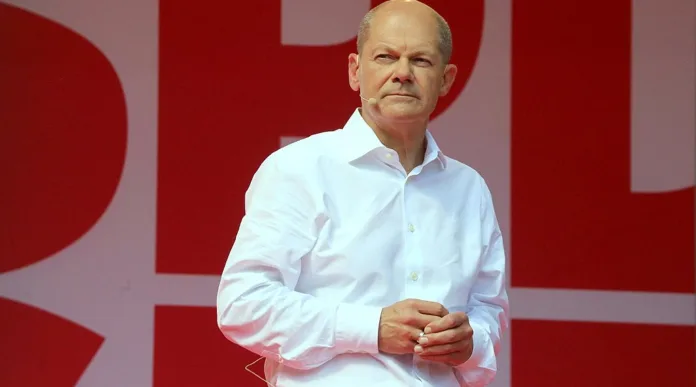In a crucial moment for Germany’s political landscape, Chancellor Olaf Scholz experienced a major setback as he lost a parliamentary vote of confidence. This has led to the Bundestag preparing for early elections, marking a significant Germany Political Shift. The outcome of these elections could reshape leadership and bring about changes within European Union dynamics, setting the stage for a new era in Germany’s political direction.
Scholz’s fall comes at a time of critical challenges both domestically and abroad, as Germany, one of Europe’s economic powerhouses, grapples with issues ranging from energy transitions to complex migration policies. His administration had been under growing scrutiny for strategic decision-making and progressive yet controversial policy implementations.
The vote of no confidence underscores tensions within Germany’s coalition government, and with upcoming elections, there arises a possibility of mainstream parties re-evaluating their positions to secure voter backing. Scholarly debates already ignited over potential shifts in Germany’s future political direction, contemplating the rise of more conservative leaderships or whether newer, younger voices could mark fresh ideological beginnings.
As Germany gears towards these electoral changes, Europe watches closely. This period of uncertainty could notably affect EU-wide policies on trade, climate strategies, and response efforts to ongoing political frictions internationally, advising allies on impending strategic recalibrations.
Embed from Getty ImagesPerspectives
Perspective 1: Critics of Scholz’s chancellorship highlight perceived missteps in economic policy, viewing the loss as an inevitable result of dissatisfaction with handling inflation, energy dependence, and inadequate engagement with EU partners. They argue elections may prompt necessary realignment and reinvigoration of economic strategies tailored more closely to global competitive demands.
Perspective 2: Supporters of Scholz maintain that despite his ousting, the chancellor’s tenure saw advancements in progressive social policies and environmental ambitions. They express concern that early elections might regress Germany’s forward-moving agenda, slowing efforts to address climate change on a national and EU level.
Sources:
Perspective 3: Political analysts speculate on the potential outcomes of upcoming elections, suggesting that this political shake-up could lead to new coalitions or empower smaller parties, which might challenge the traditional CDU-SPD dichotomy. This realignment could pivot influential EU standings and redefine Germany’s role in global power hierarchies.
